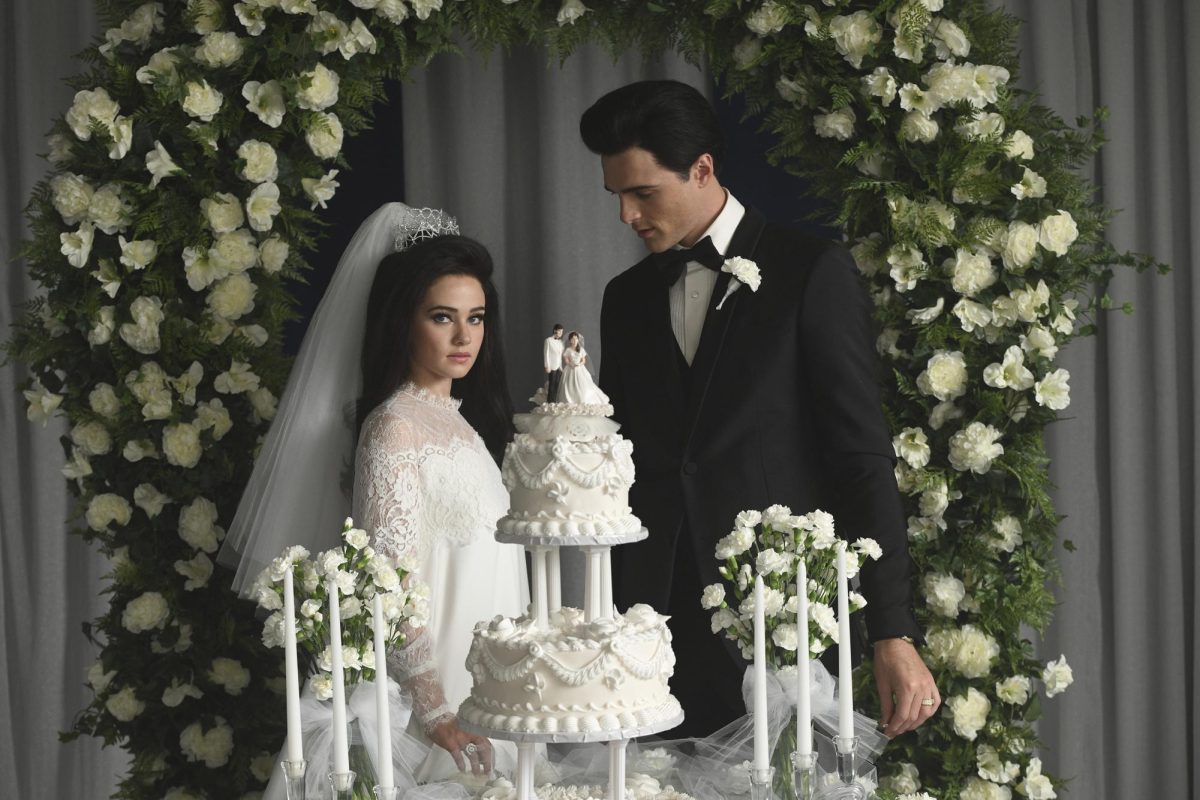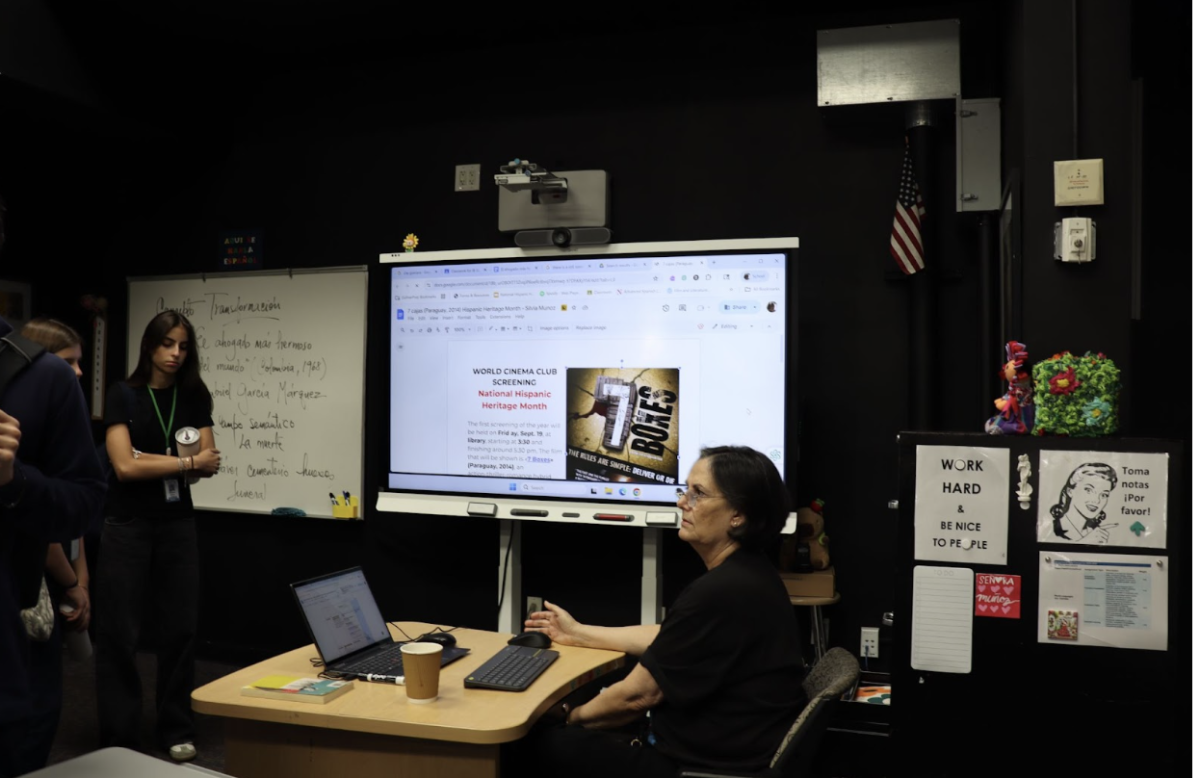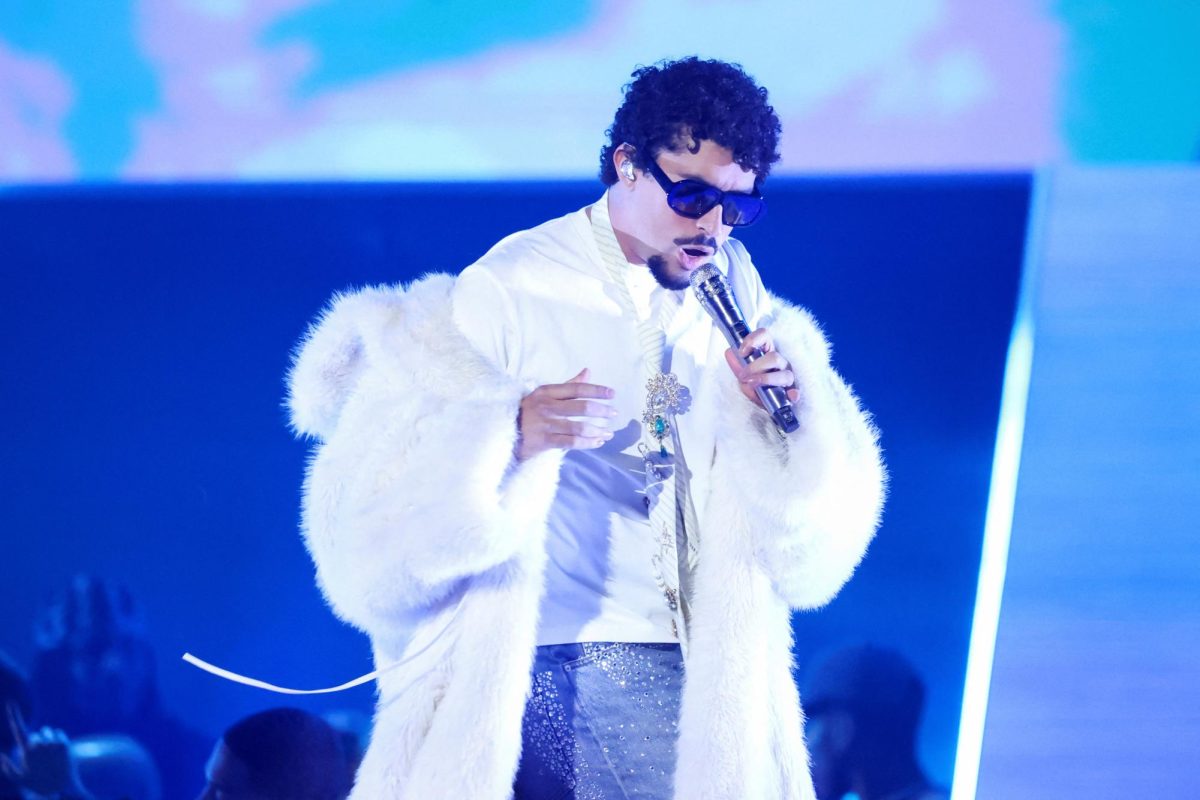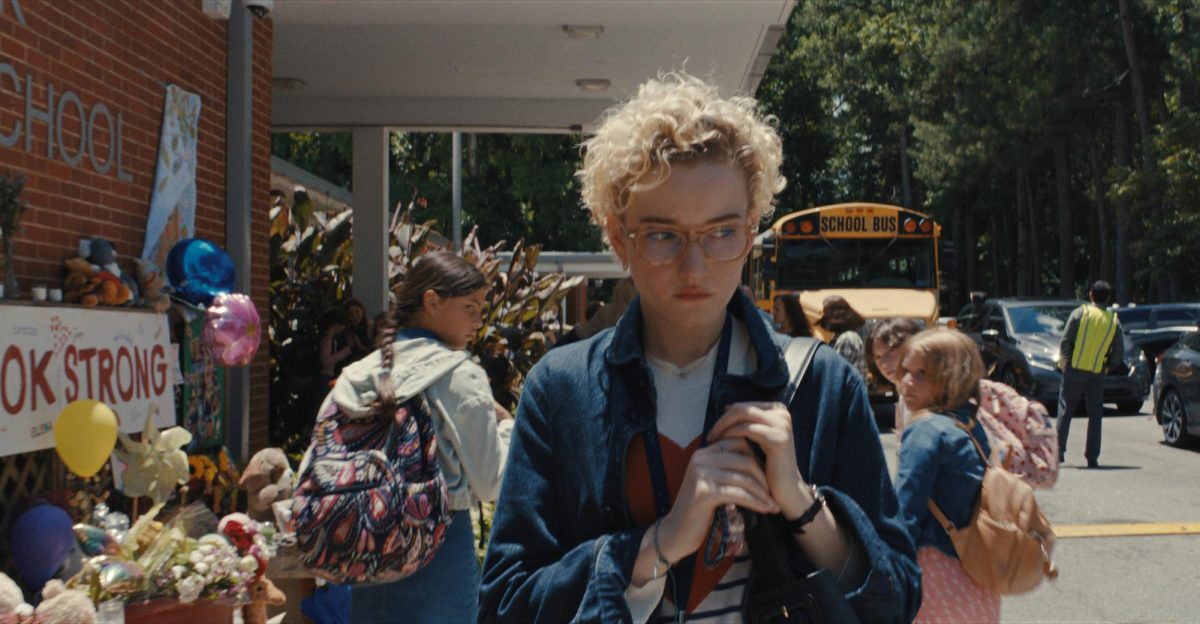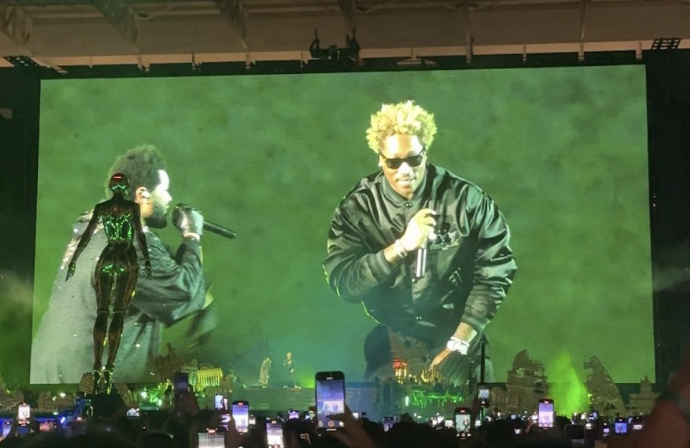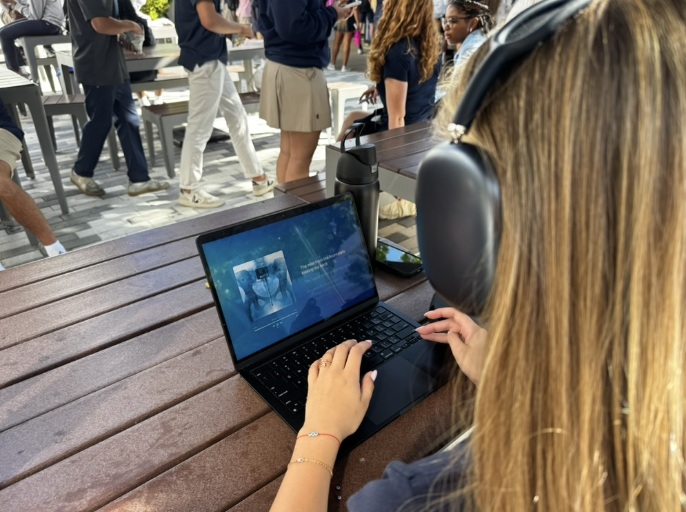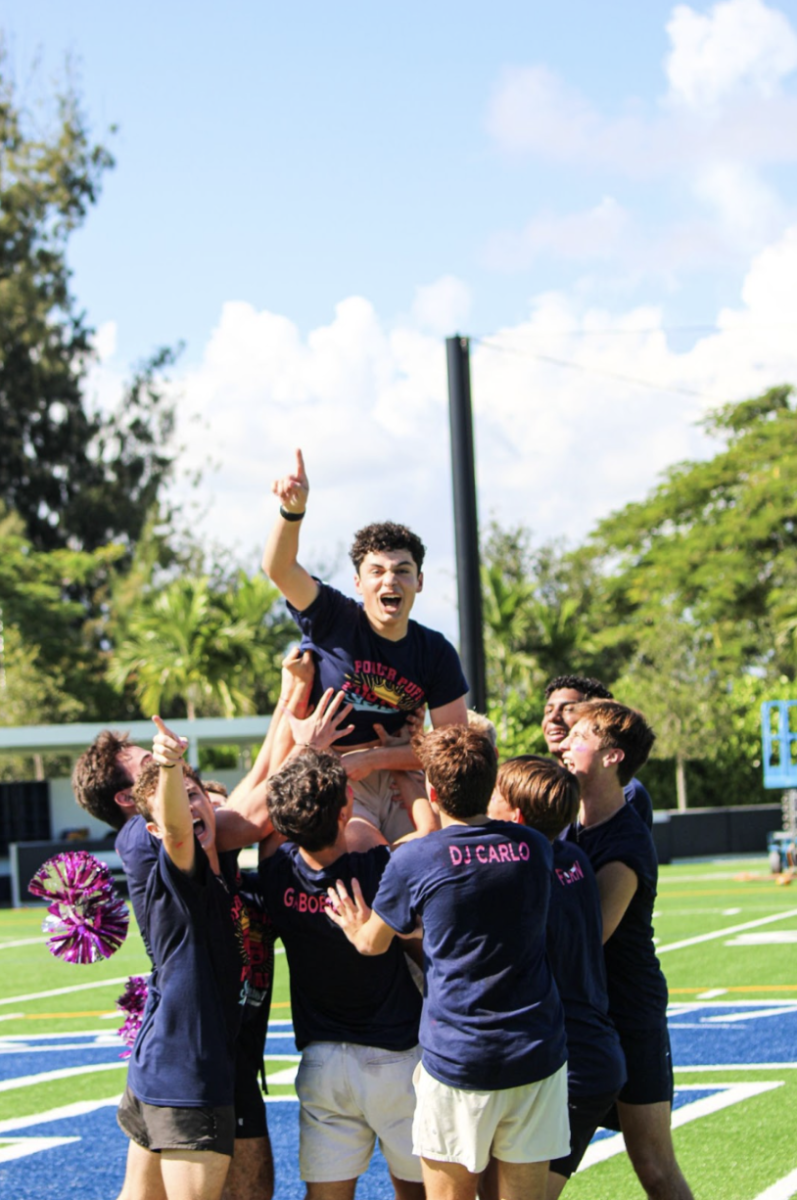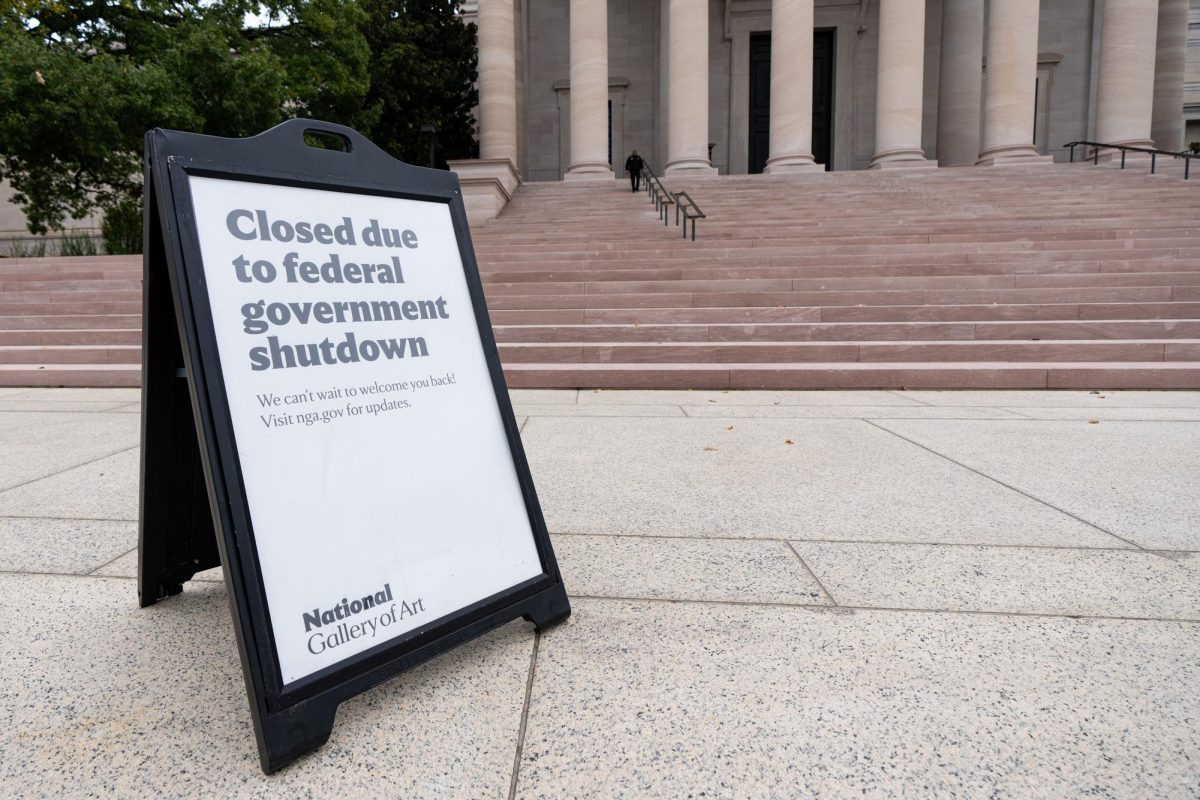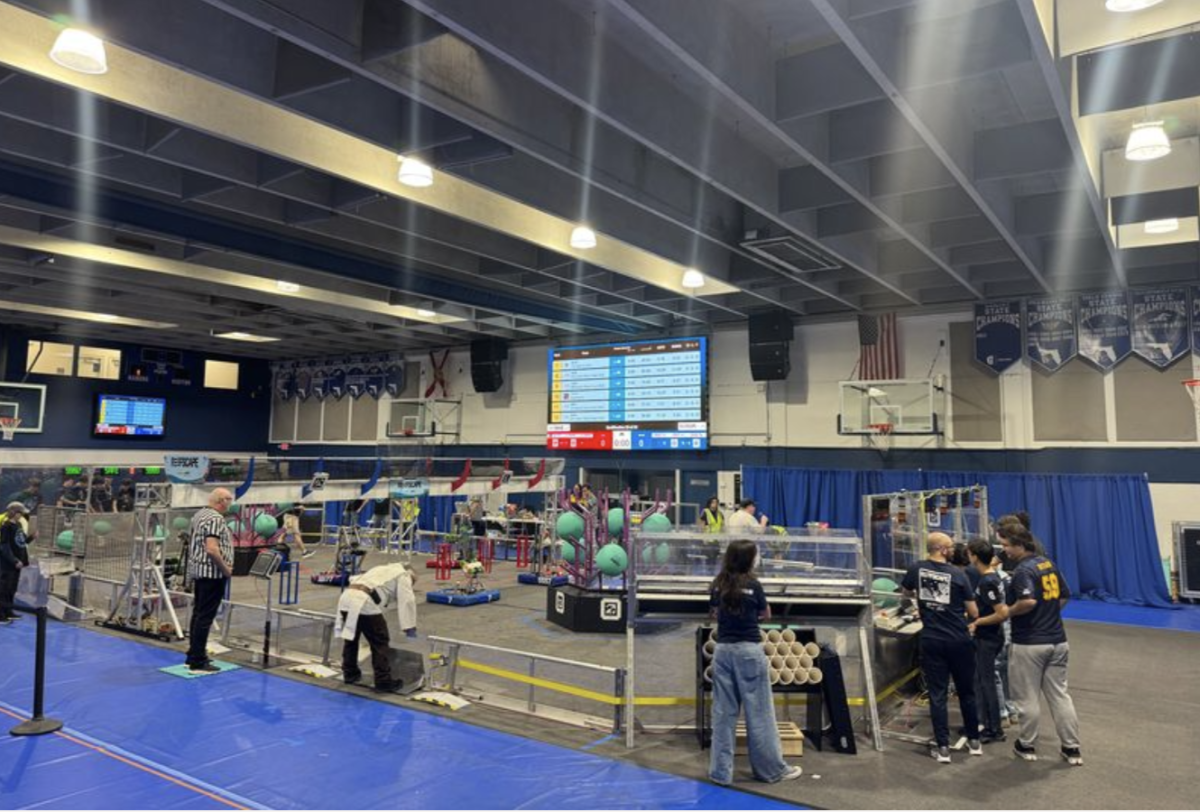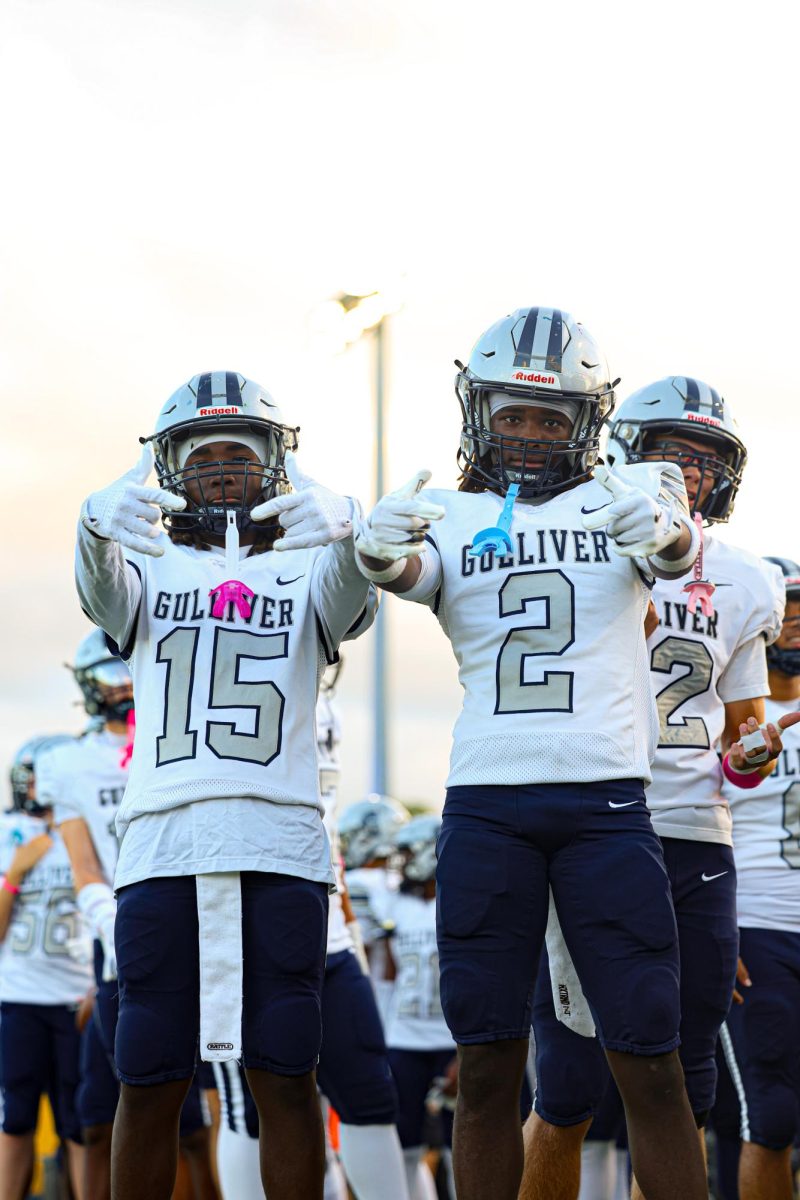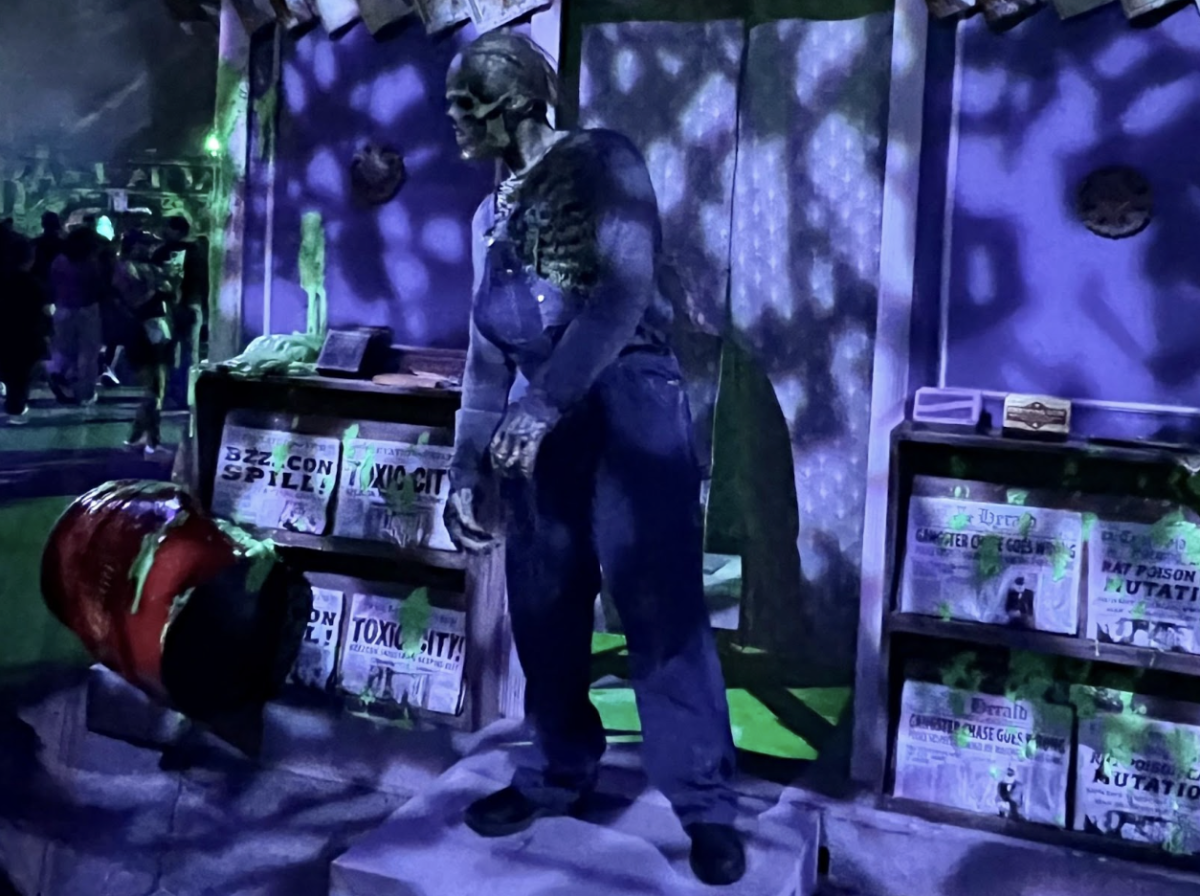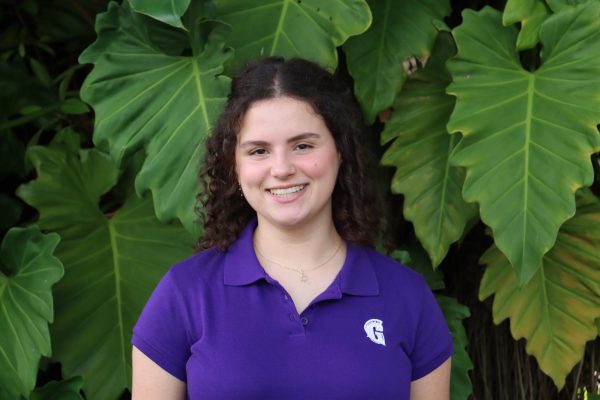Picture this: you’re a young teenager just minding your own business at the local diner finishing up some homework when suddenly, a man approaches you. “How would you like to spend the evening at your celebrity crush’s house?” he practically tells you. I don’t know about you, but I’d freak out. Somehow, when Priscilla (Cailee Spaeny) gets the opportunity to meet Elvis (Jacob Elordi) at his regular soirees, she maintains impressive composure and maturity. After this movie, I can tell why people say to “never meet your heroes!”
“Priscilla” begins in 1959 in the U.S. Air Force base in Germany, once Elvis has already gained stardom. Priscilla is only 14 then, and is invited to Elvis’ house for a party. One evening’s gathering turns into two, and the pair spend their flirtatious evenings bonding over their shared loneliness, because what else does a 14-year-old have in common with a man 10 years older than her? Soon, Elvis returns to the States leaving Priscilla pining for him back in Germany. In the years that follow, she reads the tabloids, learning of Elvis’ Hollywood affairs, something that would become a blight in their relationship.
Eventually, Elvis convinces Priscilla’s parents to let her spend some time with him in Graceland (“he needs me mom. I won’t get hurt,” she urges her mother) – leading to her eventually moving in with him – promising her parents to enroll her in a Catholic school so that she can graduate. From then on, Sophia Coppola’s A24 biopic dives into the few ups and many downs of the couple’s relationship.
Spaeny’s performance as Priscilla was the standout of this movie; her subtle ways of moving – widening her eyes at just the right time or trying desperately to hold back tears, her breath control showing relief or nervousness – reveal the crucial naivety in Priscilla’s teenaged years and an impressive maturity once she marries Elvis. Being in nearly every scene, Spaeny’s performance behind pastel outfits and big updos defines the film.
The movie takes the audience through a deluge of emotionally charged scenes between Priscilla and Elvis, whom the audience slowly learns to be an emotionally abusive, manipulative partner. The tone of the movie shifts quickly, giving the audience whiplash between fun, upbeat scenes to an abusive scene the next frame. Coppola urges the audience through scenes like these to remember that Priscilla was really just a child. Priscilla spends her school days daydreaming of Elvis, consequently getting the math of a blackjack game in Vegas wrong, garnering a laugh from the audience. That being said, the “fun scenes” in this movie are spontaneous and lighthearted in the best way possible.
Is “Priscilla” worth watching? For those who wish to learn about Elvis and Priscilla’s relationship exclusively, 100%. Otherwise, moviegoers who are expecting to see more of Elvis, his performances, or his music, (like in Austin Butler’s “Elvis”) may be disappointed: Coppola makes clear that this film is not about Elvis – it’s about Priscilla, her maturity, and her learned sense of individuality.

